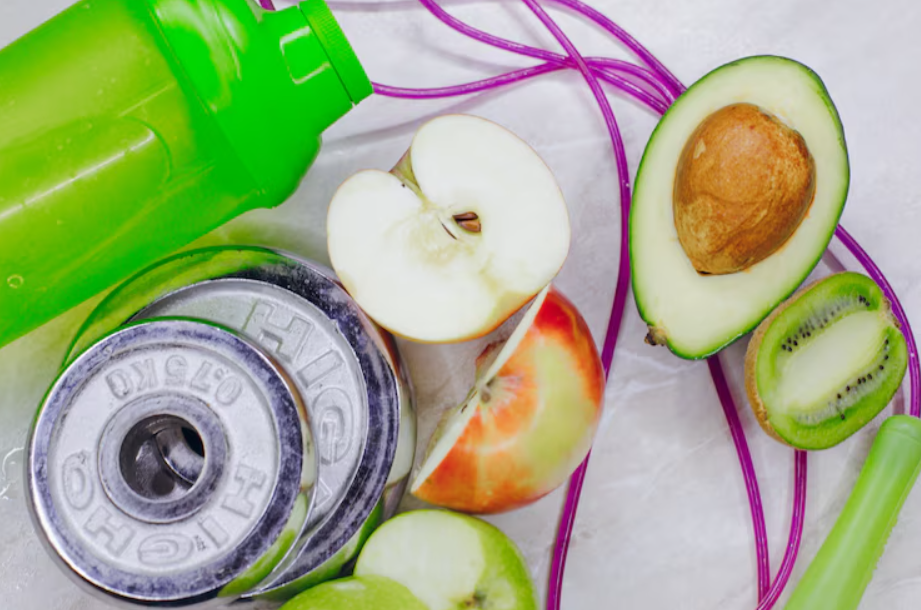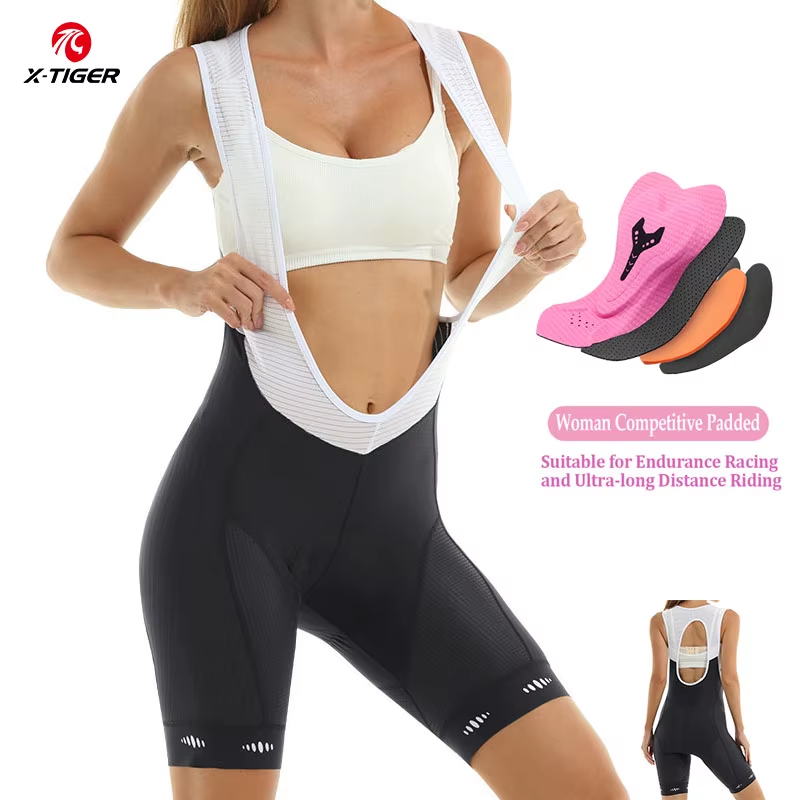‘The Whole Body Reset’ Challenges Diet and Exercise Norms 🧠💪📘
The Whole Body Reset, a health and wellness book by Stephen Perrine with AARP, turns traditional dieting advice on its head—especially for people over 40. It’s not about eating less or working out more. Instead, it focuses on timing, protein intake, and simple lifestyle shifts that help support muscle retention and fat loss as we age.
🌟 What Makes It Different?
Traditional diet culture emphasizes restriction and intense workouts. But The Whole Body Reset offers something else:
- Protein Timing: It encourages consuming 25–30 grams of protein at every meal to help prevent age-related muscle loss (sarcopenia).
- Muscle First: Rather than aiming to lose weight quickly, the goal is to preserve lean muscle, which in turn supports metabolism and strength.
- No Calorie Counting: Instead of obsessing over numbers, it emphasizes whole foods and balance.
- Inclusion of Carbs and Fats: It doesn’t demonize carbs—in fact, healthy fats and smart carbs are part of the plan.
💡 Core Ideas of The Whole Body Reset
- “Protein Timing” Over “Protein Loading”
You can’t make up for low protein in the morning by overloading at dinner. Spread your intake to maximize muscle support. - “Muscle is Metabolism”
Keeping your muscle mass high helps you burn more calories, even at rest. - Gentle Movement > Punishing Workouts
The book promotes walking, bodyweight exercises, and mobility work rather than grueling gym sessions. - Real-Life Flexibility
There’s an understanding that real people have real lives—travel, holidays, and late nights are all considered in the approach.
🥗 What Do You Eat?
- High-quality proteins: Eggs, Greek yogurt, chicken, tofu, fish
- Fruits and veggies
- Whole grains and legumes
- Healthy fats like olive oil, avocado, and nuts
⚠️ What It’s Challenging
- The idea that cutting calories = success
- That aging = inevitable weight gain and energy loss
- The belief that more gym time = better health
- That protein is only for bodybuilders
📚 Who It’s Great For
- People in their 40s, 50s, and beyond
- Anyone tired of fad diets and calorie restriction
- Those wanting sustainable, body-positive health changes
Would you like a breakdown of sample meals from the book or a quick guide to its daily routine suggestions? I can put one together for easy reference!





